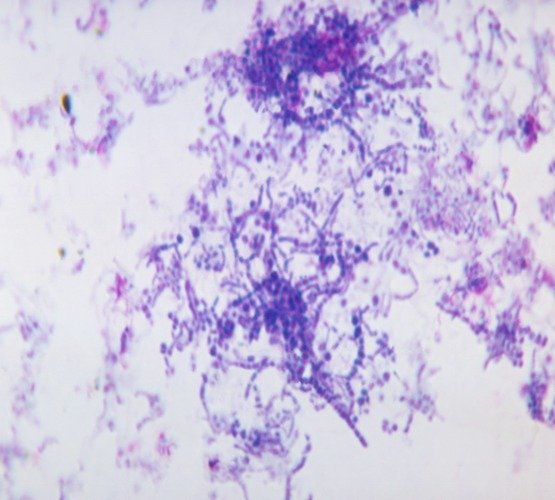Product photo

Product details
Name: Clostridium phytofermentans Transcription elongation factor GreA (greA) -Yeast
Size: 1000ug
Catalog no.: GEN1047185.Yeast
Order on Gentaur.comGene name
greA
Expression system
Yeast
Form
Lyophilized protein
Product category
Recombinant Proteins
Other gene names
greA; greA; Cphy_3557
Purity
Greater than 90% (determined by SDS-PAGE)
Available also expressed in:
E Coli ; Yeast ; Baculovirus ; Mammalian Cell
Long name
Recombinant Clostridium phytofermentans Transcription elongation factor GreA (greA)
Applications
This protein can be used as a positive control for applications such as ELISA, IFA, RIA, Western Blot, etc.
Alternative names
transcription elongation factor GreA; Transcription elongation factor GreA; transcription elongation factor GreA; Transcript cleavage factor GreA
Storage
This protein can be stored at -20 degrees Celsius. For extended periods of time it is recommended to keep the protein frozen at -40 or -80 degrees Celsius. Avoid cycles of freezing and thawing as they might denaturate the polypeptide chains.
General description
Transcription elongation factor GreA (greA) is a recombinant protein expressed in Yeast . The protein can be with or without a His-Tag or other tag in accordance to customer's request. All of our recombinant proteins are manufactured in strictly controlled facilities and by using a well established technology which guarantees full batch-to-bact consistency and experiment reproducibility.
Description
Aplha, transcription related growth factors and stimulating factors or repressing nuclear factors are complex subunits of proteins involved in cell differentiation. Complex subunit associated factors are involved in hybridoma growth, Eosinohils, eritroid proliferation and derived from promotor binding stimulating subunits on the DNA binding complex. NFKB 105 subunit for example is a polypetide gene enhancer of genes in B cells.The activation of transcription factor subunits is the first step of gene expression, in which a particular segment of DNA is copied into RNA (mRNA) by the enzyme RNA polymerases. Transcription factors, unites and elongations can be RNA and DNA nucleic acids, base pairs of nucleotides . Converting from DNA to RNA is made by enzymatic reactions. During transcription, a DNA sequence is read by an RNA polymerase, which produces a complementary, anti-parallel RNA strand called a primary transcript. Transcriptions are key functions in signal transduction pathways. Signaling ligand binding transcription factors play an important role in transduction cascades.
